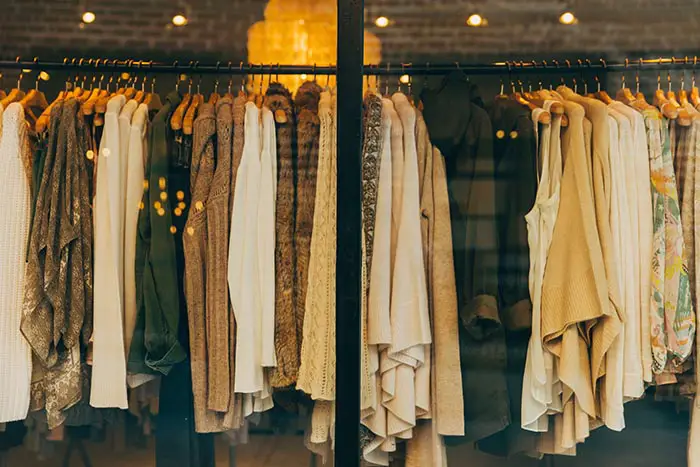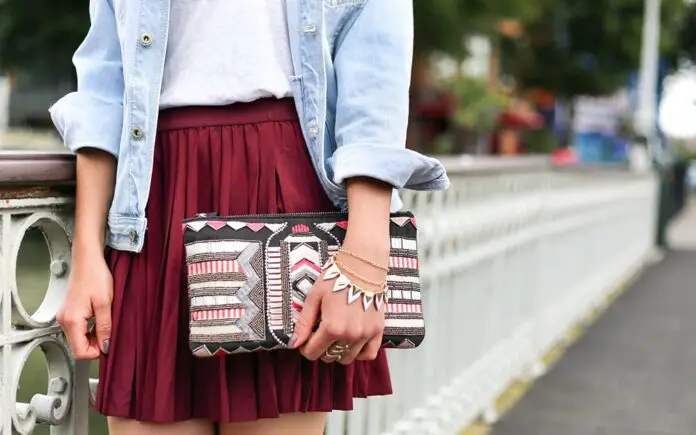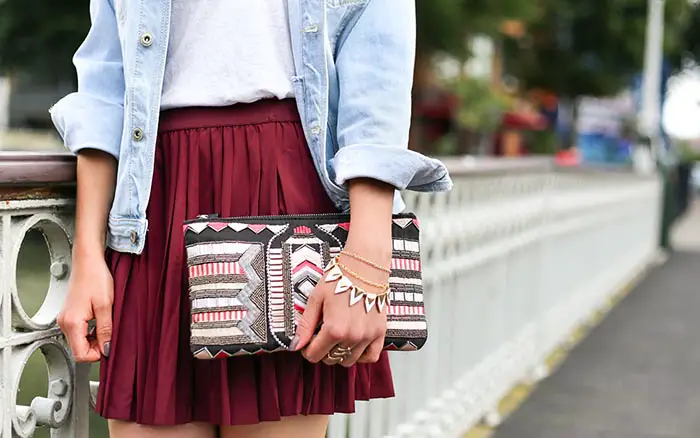4 Sustainable Fashion Trends
We have all heard the slogan ‘reduce, reuse, recycle’, but probably haven’t thought of it in terms of fashion brands.
However, adopting the same attitude towards fashion is becoming increasingly more popular as people are becoming more aware of the fashion industry’s impact on climate change and the environment.
1. Side Stepping Fast Fashion
As a society, we have become accustomed to everything being fast, and fashion is no exception. Fast fashion refers to the way clothing retailers mass produce items of clothing quickly to keep up with fashion trends. These trends are usually fads that go viral on social media and are short-lived. This means that if you buy these types of clothes, you are likely to throw them away quickly. Avoiding these fad items and not shopping in stores that have frequent changes in stock will mean that you aren’t contributing to the fast fashion industry and instead opting for slow fashion based on accountability at every stage of manufacturing.
2. Opting for Bio-Based Materials
Another great sustainable solution that is gaining in popularity is the use of bio-based materials. From silk made from rose petals and leather made from cacti, there are many new materials hitting the market that can be used as a swap for traditional fabrics. Where the traditional fabrics either caused harm to animals or harm to the environment, the bio-based alternatives offer an environmentally friendly, guilt-free way to shop.
These types of materials are still relatively new and generally being used by early adopters at the moment. This can make them a little pricey, which can often mean that people who would like to be a bit kinder to the environment are prevented from getting involved in this trend. However, the more people get involved and start purchasing more clothing made from bio-based materials, the more brands and retailers will move towards these. The price is likely to reduce as they become more popular and common, and the impact on the environment will be much reduced!
There are lots of ways that the fashion industry has a detrimental impact on the environment. There are also lots of ways that consumers can change this. Consumers are the people with the power because if you stop buying something, then a brand or retailer will have to take notice! Get involved in these trends and reduce your carbon footprint!

3. Investing in Vintage & Second Hand
Second-hand clothing shops used to be a place that people who couldn’t afford to shop in other stores went to. Now, going to the local thrift store or vintage clothing shop is much more popular with a wide variety of people, regardless of financial situation. People are seeing the benefit of going to a charity shop, where they can find second-hand clothes in great condition at a low price. This type of circular fashion sees people returning their second-hand items to a charity shop to continue being used until they are no longer useable.
It’s not just the high street where you can take your unwanted clothes and pick up some incredible bargains. There are now numerous websites and apps that have taken the second-hand clothing market by storm. Check out The RealReal website or Depop for great examples of how to get involved in this latest trend.
4. Continued Growing Interest in Ethically Sourced
A lot more people are starting to read the tags on clothes to get a true understanding of what materials have been used, how the materials have been sourced, and any environmental issues that may arise in the production of the clothing. As we become more aware of the impact that the production of clothing can have on the environment, people are becoming more demanding of environmentally friendly products. By reading the tags and understanding whether a garment is ethical or not, means you can make a choice to only buy clothes that you are confident have not been harmful in their production.
Generally, if a brand has chosen to give as little information as possible about an item, you may want to assume that they are not happy to be transparent about their manufacturing processes.
##
With love,
FWO




